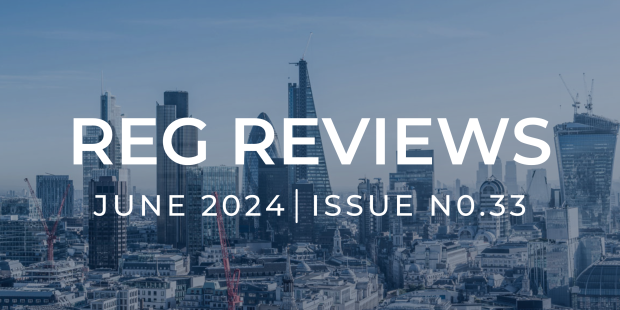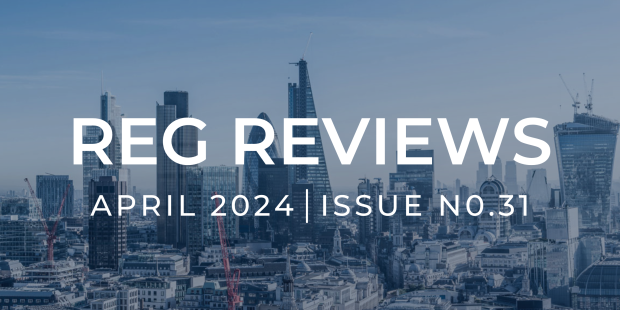The Employment Rights Bill, which features 28 reforms to the current employment standards, was introduced to parliament on 10th October this year and is going to be a game changer in how fairly employees are treated.
Once the bill passes, it’ll become the largest reform in employment rights for a long time, and is aimed at eliminating all kinds of poor work conditions or contracts: From offering contracts with guaranteed hours to demanding employers to justify the refusal of flexible working requests.
What does this mean for the insurance industry? Brokers and underwriters will have to equip themselves to ensure their commercial clients are adhering to ethical employment practices in the wake of this new regulatory upgrade.
According to Raymond Silverstein, Partner and Head of the Employment Practice at Browne Jacobso, this new legislation is a “really big deal”, with tangible changes coming into force from 2026.
While this bill is truly revolutionary for employment rights, it does come with its ups and downs. Silverstein believes that five main parts of it could be problematic for employers and could potentially affect their purchased employment practices liability.
Some of these sections are:
- Immediate protection against standard unfair dismissal effective from the first day of employment.
- Putting an end to “fire and rehire” strategies
- Revoking the Trade Union Act 2016 to reestablish balanced industrial relations.
Silverstein adds that the suggested new protection from any kind of third-party harassment rather than just the current laws that protect only from sexual harassment will have a huge impact on the industry.
Importantly, the government estimated the changes could cost employers £5 billion annually and increase tribunal cases by 15%. Also, unfair dismissal awards can reach £115,115, Silverstein noted, calling them “substantial claims.”
Taking preventive action could minimise the risk of employment liability or D&O claims and other long-lasting damages the new bill could have on employers.
For instance, Silverstein emphasises on the importance of improving how probationary periods are handled and urges brokers to educate themselves better on the matter to avoid unnecessary risks on clients and therefore keeping claims to a minimum.
As reported by Insurance Times, Owen Dacey, a legal expert at Rising Edge urged brokers to update employment practices liability policies ahead of changes in the Employment Rights Bill.
These policies cover claims like discrimination and wrongful termination. As a result, he expects more disputes, higher claim costs, and broader allegations under the new rules.
Dacey suggests updating policies to cover investigation costs, broaden definitions of employees and workplaces, and ensure both the company and individuals (like directors) are protected from claims.
Policies should also clarify if fines, awards, and compensation are included, and cover third-party discrimination claims.
2026 is just around the corner and the pressure on brokers and underwriters to be proactive about the bill is immense. How long could it take the insurance industry to catch up?




























